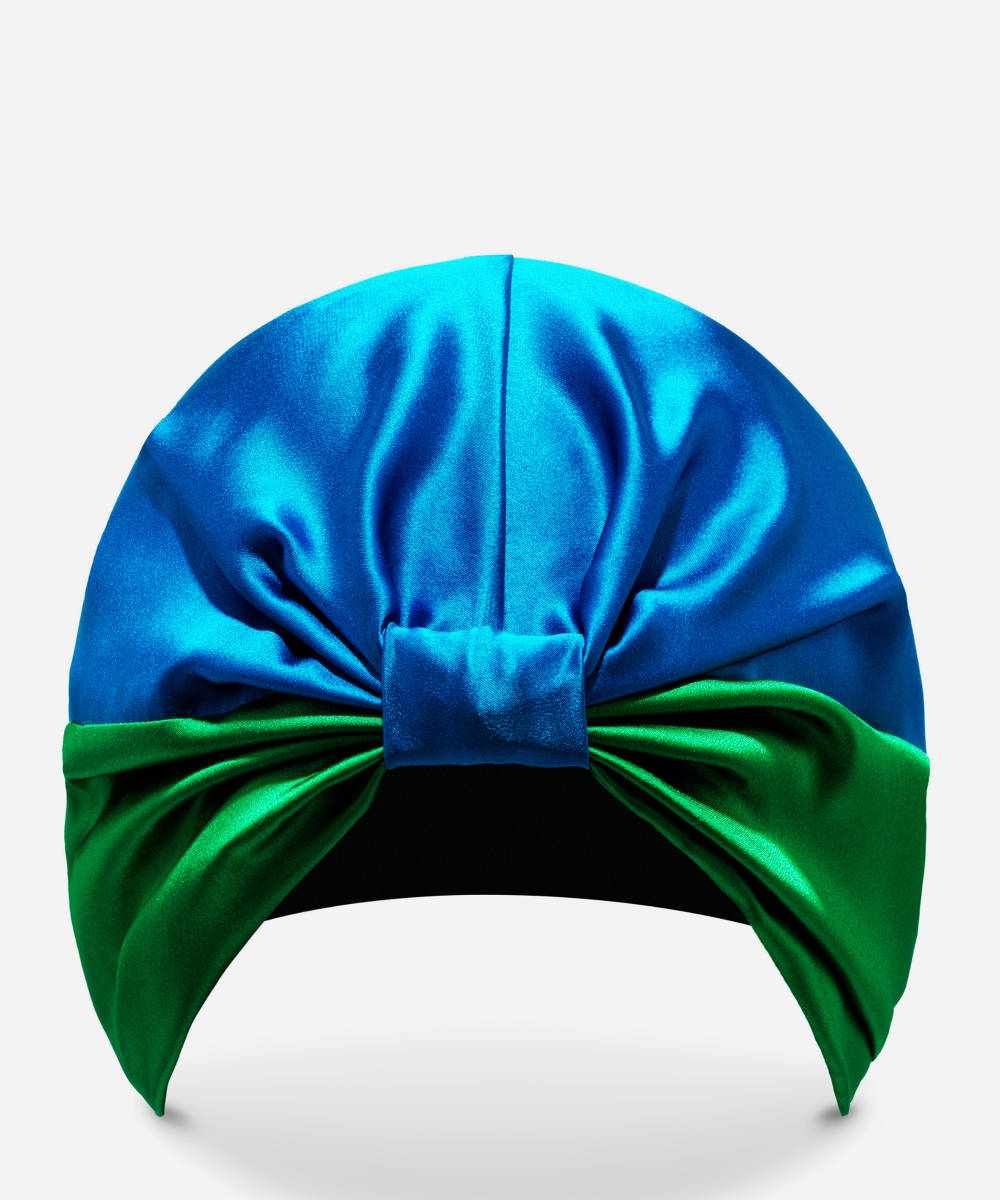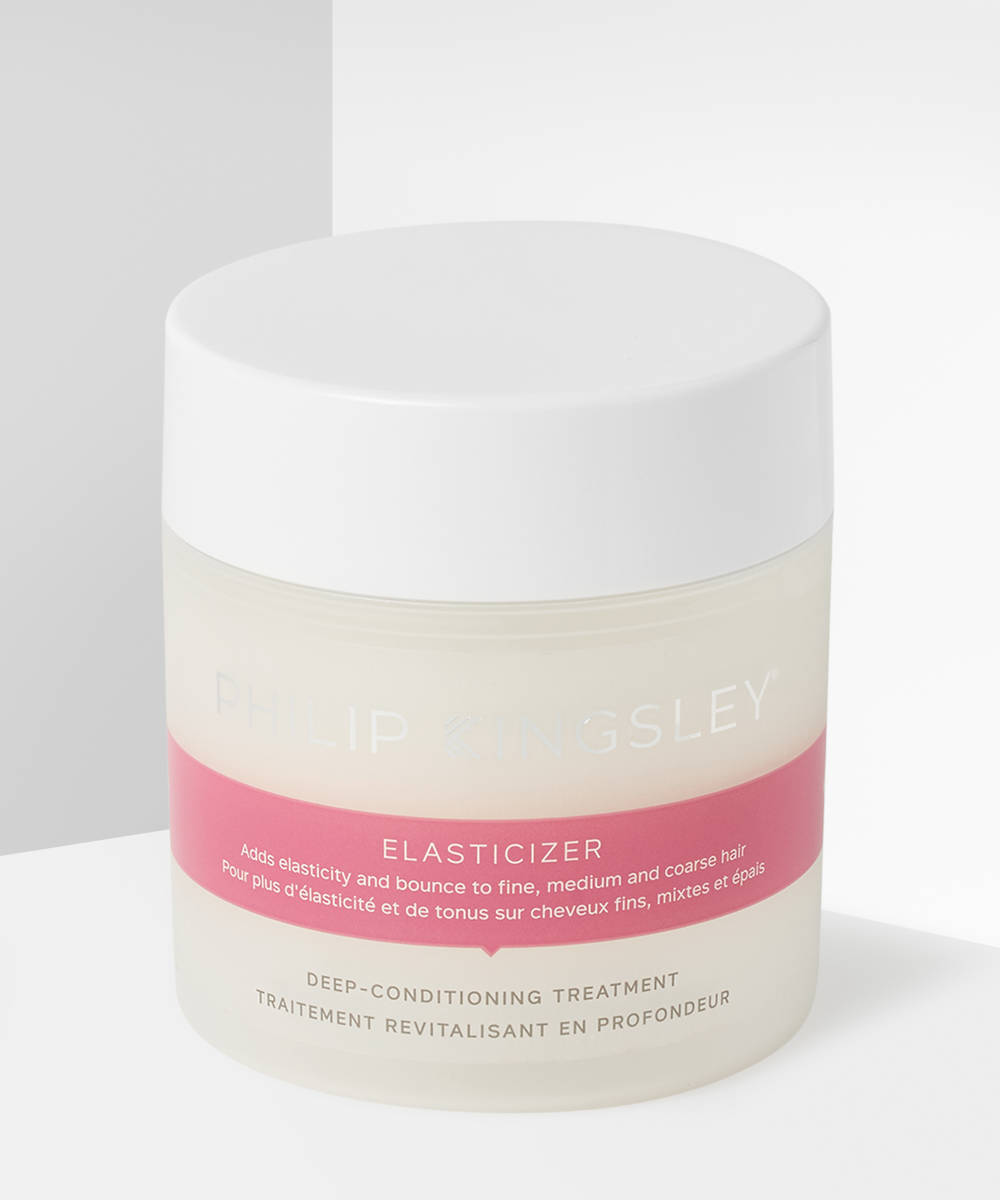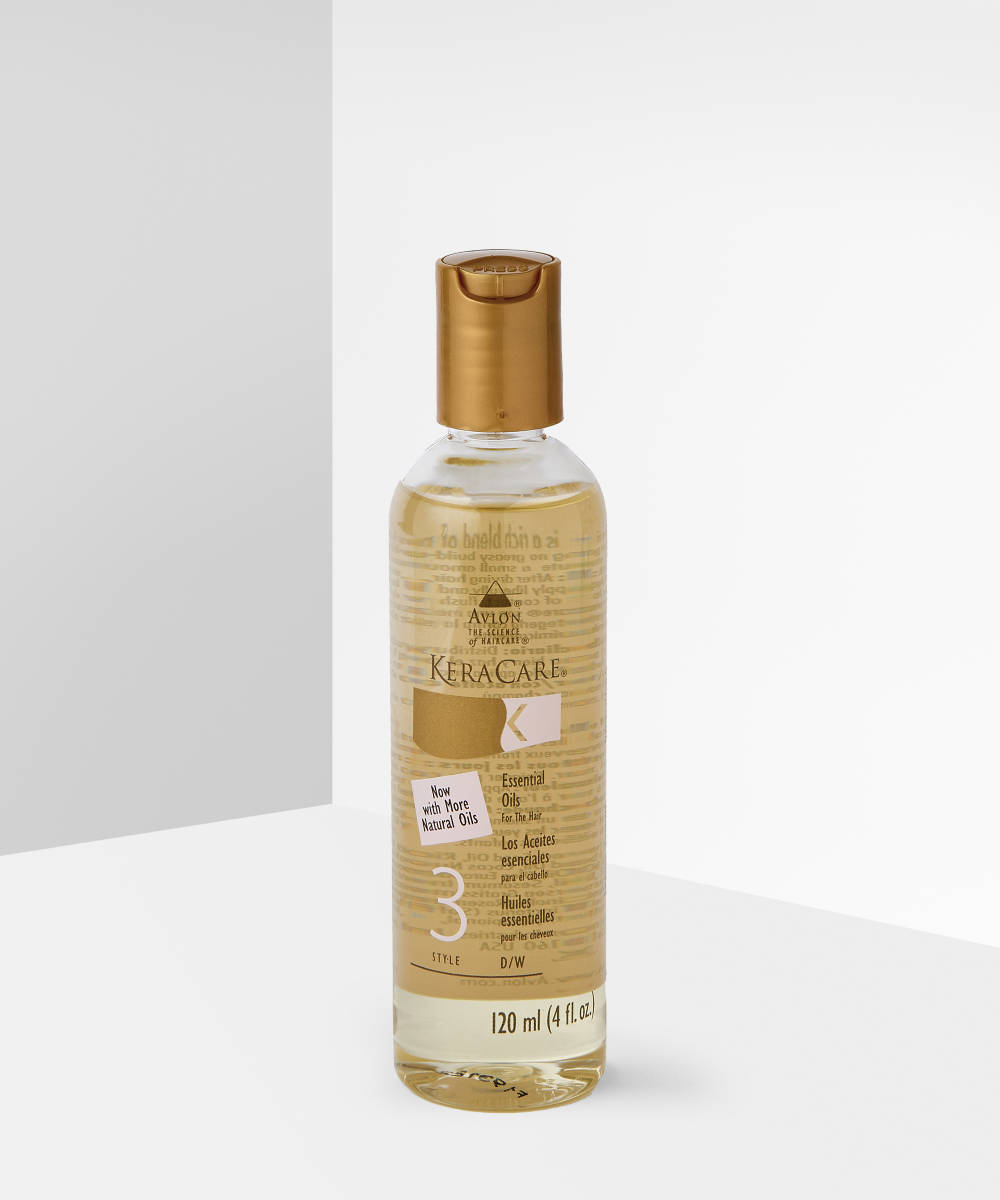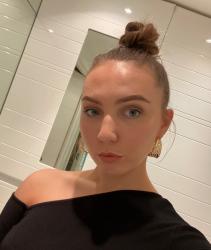From curly hair and straight hair, to frizzy hair and fine hair, we talk about it. But something that isn’t spoken about as much (but is just as important) is hair loss. No matter your age or gender, your hair can be a big part of your image and identity, so facing losing it can sometimes come as a shock and may knock your confidence.
Hair loss is usually when you lose noticeably more hair than the average 50-100 strands per day. There’s lots of different types of hair loss from thinning, to total loss of hair, or medical conditions such as alopecia. It can be genetic, as a result of extreme stress, experienced after pregnancy, or due to a medical condition or treatment.
We’ve spoken to Dr Dianni Dai, a skin specialist, to answer our hair loss questions and get some treatment recommendations.
What are the most common causes of hair loss?
“Telogen effluvium (a form of temporary hair loss) is caused by physiological stress such as an episode of pneumonia or psychological stress. Alopecia areata is an autoimmune disease which causes spot baldness, the causes of which are often unknown.”
Thinning hair can also be affected by hormones and your age.
Can stress cause hair loss?
“Stress quite commonly leads to temporary hair loss. For example, telogen effluvium is a condition where excess shedding of resting hair happens after physiological or psychological stress. Stress related hair loss tends to happen quickly and is associated with patches of hair shedding rather than gradual thinning.”
What's the 'normal' amount of hair to lose?
“It is normal to lose anywhere to 50-100 strands of hair a day – this could be a handful. You should be consult a medical professional if you notice sudden excess hair shedding and the quick development of bald patches.”
What should I do if my hair is falling out?
“First step is to get a diagnosis, because the treatment will then be tailored according to the cause. The doctor will then decide if you need to take any extra tests to get to the root of the problem. Most of the time hair loss is benign but occasionally it can be a manifestation of a systemic illness.”
If you’re unsure or feel worried about your hair loss, speak to your GP so that they can help.
What treatments should I use?
“In addition to medical treatments it’s really important to keep the hair healthy and nourished. Regular hair masks, vitamin or collagen supplements, nutritional supplements, hair serums and natural oils.”
Our product recommendations:
Solgar Supplements
Iconic supplements brand, Solgar has multiple different supplements that can help strengthen your hair from the inside out. Their Biotin tablets helps to support the growth of hair, whilst the Skin, Nail & Hair tablets contain zinc, copper, amino acids, and vitamin C to promote stronger strands.
Philip Kingsley Elasticizer Deep-Conditioning Treatment
This hair mask has gained coveted status for a good reason. Packed with nourishing nutrients that help improve the hair’s elasticity and strength, this deep conditioning treatment helps to reduce breakage, hydrate, and nourish each and every strand.
KeraCare Essential Oils For The Hair
Hair oils are a go-to for infusing the hair with goodness and that’s why we love KeraCare’s blend. Made using a rich blend of coconut, aloe vera, and olive oils, this oil helps to nourish the scalp and hair from root to tip.





